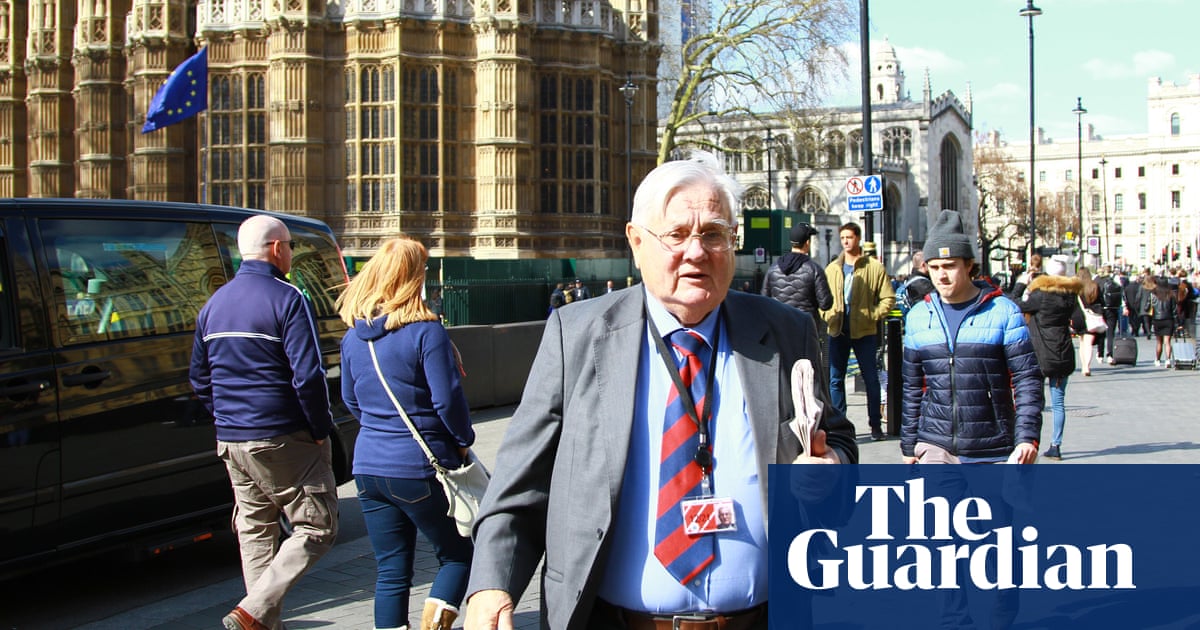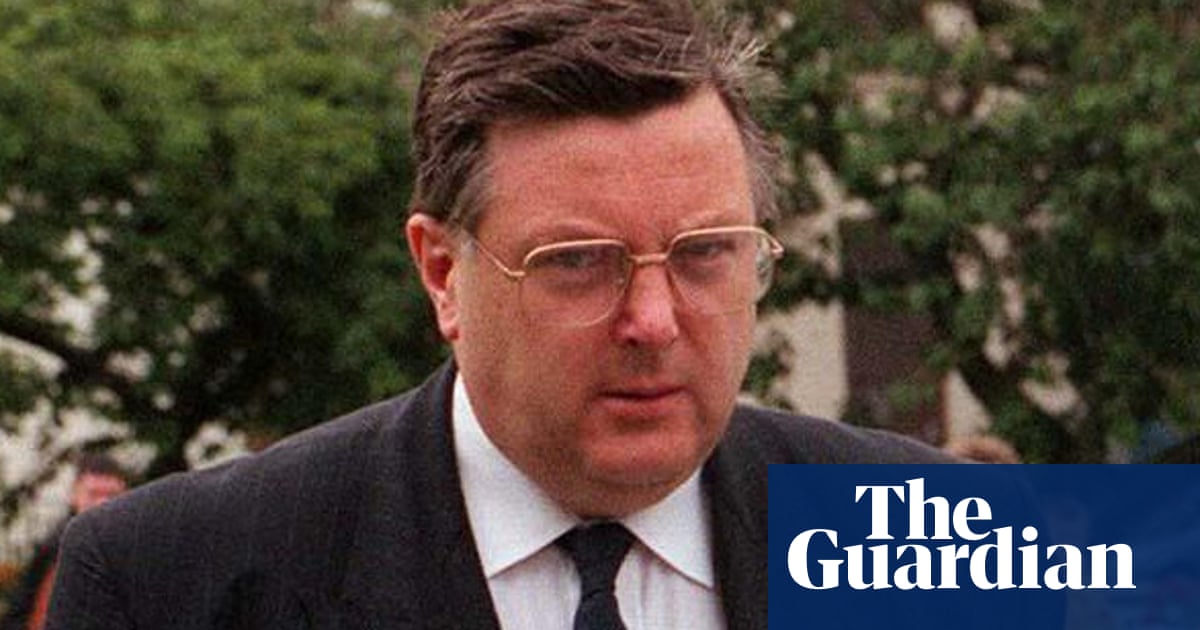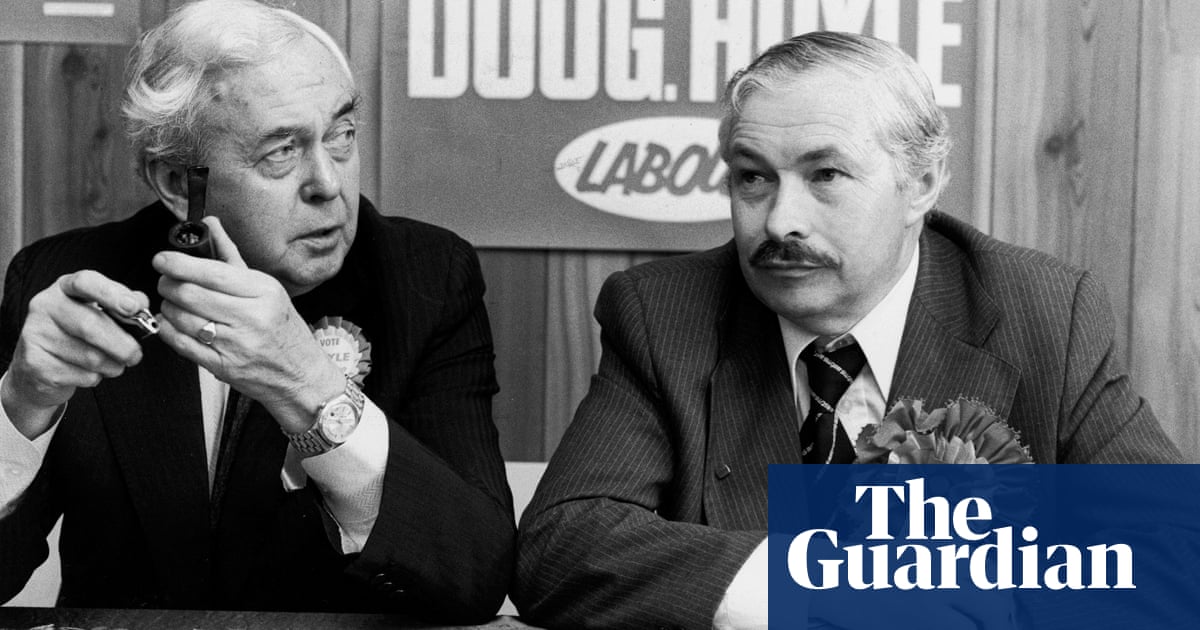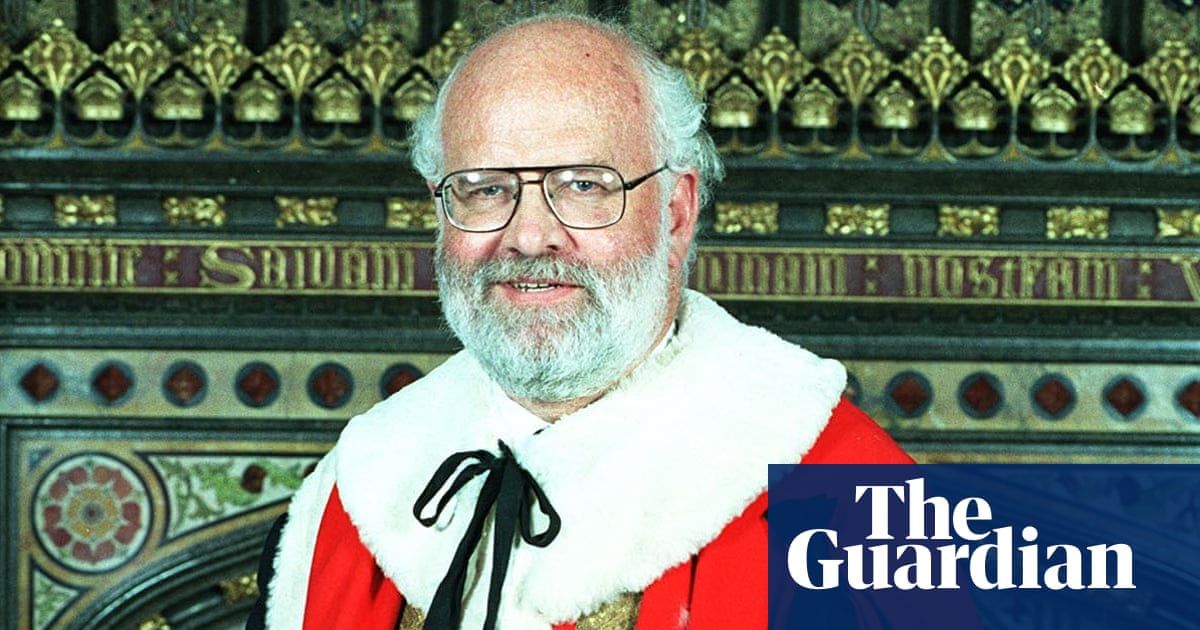
Francis Tombs, Lord Tombs, who has died aged 95, was one of the most effective and respected of the engineer-businessmen who headed major British companies in the 1980s and 90s.
As chairman of both the Electricity Council and a renascent Rolls-Royce, and as the man who was also responsible for restructuring Turner and Newall and the Weir Group, Tombs combined an impressive commercial record with a deeply felt commitment to engineering. He was a member of the Advisory Council for Applied Research and Development, set up in 1976 to advise the prime minister on research and development, and as chairman of the Engineering Council from 1985 to 1988 he fought to raise the profile of the profession and expand engineering opportunities in university and colleges.
His bluff, disarmingly friendly manner and deceptively casual appearance went with a clarity of mind and unshakeable determination that brought him respect from ministers and civil servants. His managers appreciated his willingness to listen and let them have their say, while acknowledging his ability to get his own way in the end.
“Engineering,” Tombs said, “develops the judgmental qualities. When engineers are willing to do it they can make very good managers.” He described his success as “identifying simple targets and going for them”.
The son of Jennie (nee Bouncer), who ran a corner shop, and Joseph, a gardener, Francis was born in Walsall, West Midlands, where he attended Elmore Green school. He left at 15, hoping for a job in journalism, but ended up working for GEC, taking engineering qualifications at night school at the Birmingham College of Technology. In 1946 he became a trainee in electricity supply with Birmingham corporation.
Subsequent appointments in the nationalised electricity supply industry followed before he rejoined GEC in 1958 for a nine-year stint as general manager of its Erith turbine-generator factory in Kent. There he learned from the pre-eminent industrialist Arnold Weinstock about the importance of conserving cash and honed his business skills with an external degree in economics at London University, learning just enough, he claimed, to get accountants worried.
Following the sale of the Erith factory, Tombs moved briefly to James Howden in Glasgow, another heavy electrical engineer, in 1967, before successfully applying for the post of director of engineering at the South of Scotland Electricity Board in 1969, becoming chairman five years later. In 1977 he was headhunted for the role of chairman of the Electricity Council. The council had responsibility for the supply of electricity for the UK, but had a complicated relationship with area boards and the Central Electricity Generating Board (CEGB), which ran the power stations. Tombs agreed to the job on the promise of Tony Benn, then energy secretary, that the structure would be rationalised with the council firmly in charge.
He was knighted in 1978, but when restructuring was first delayed and then rescinded by the incoming Conservatives, Tombs resigned in 1980 without having a job to go to.
By then he had also become involved in a public fight with the CEGB over its wish to use pressurised water reactors (PWRs) as the basis for new nuclear power stations. Tombs maintained his opposition to PWRs on safety grounds, even when one was built at Sizewell, Suffolk, still the last nuclear power station to be constructed in the UK. But he later authorised Rolls-Royce’s construction of small PWRs. The government’s current nuclear programme relies on second generation PWRs.
Tombs was not out of work for long. First Victor Rothschild brought him into the financial services company NM Rothschild & Sons to advise on industrial investments, a part-time role he fulfilled for the next 13 years, and then he was appointed to the Weir group, a famous industrial name that had lost its way. As chairman from 1981 to 1983 Tombs brought about improvements by refocusing the business at the cost of significant closures and redundancies. He followed a similar formula with greater success at Turner & Newall, where he became chairman in 1982, centring the company around automotive components, and by 1989 he was announcing a profit increase of more than 20% in a year. Tombs saw similarities between Weir and Turner & Newall – both had diversified from their traditional businesses into areas they did not properly understand – a criticism that would be made with a vengeance of his old employer GEC a few years later.
In 1982 he had also joined the board of Rolls-Royce, nationalised in 1971 after being overwhelmed by the launch costs of the RB211 aero-engine. Three years later, when the new chairman, Sir William Duncan, suddenly died, Tombs was asked to step in. He did so only on the proviso that he would prepare the company for privatisation.
Tombs inherited a company that was still in difficulties, but working closely with Sir Ralph Robins, another engineer whom he appointed as chief executive, key decisions were implemented. The most important of these was to break free from an agreement made with General Electric in Rolls’s time of weakness to bid jointly for major engine contracts, with Rolls taking only 15%. Once this had been done, the company bid successfully on an independent basis to supply engines for British Airways’ 747-400 fleet.
Less successful was his decision to get Rolls-Royce to purchase NEI, a heavy electrical constructor competing worldwide for power station equipment contracts. Tombs always argued that its profits were important in tiding Rolls over until its engine business became profitable. But it soon became apparent that NEI’s potential market had been gobbled up by the Japanese, as well as by Tombs’s old company GEC, and the company was sold soon after his departure in 1992.
By then Tombs had led a newly profitable Rolls-Royce back to the private sector in 1987, when the public queued up to buy shares in a £1.36bn privatisation. He had insisted that it was accompanied by a £283m rights issue to keep research funds flowing, and the benefits of that decision were shown when Rolls-Royce’s share of the world civil aero-engine market went from 5% to 20% in three years.
As one of the few businessmen who was equally at home in Whitehall and the boardroom, Tombs was called on for a review of the management of the Trident nuclear programme in 1987. He was made a life peer in 1992.
After retiring from Rolls he had more time for his daily piano-playing and musical enthusiasms, and he spoke regularly in the House of Lords in favour of nuclear power. He chaired the council of the Cranfield Institute of Technology from 1985 to 1991 and was chancellor of Strathclyde University from 1991 to 1997. He also chaired the Association of British Orchestras from 1982 to 1986.
His wife, Marjorie (nee Evans), whom he married in 1949, died in 2008; he took leave from the House of Lords to care for her at home during her last illness. He is survived by their three daughters, Kate, Lis and Meg, six grandchildren and three great-grandchildren.
• Francis Leonard Tombs, engineer and industrialist, born 17 May 1924; died 11 April 2020












